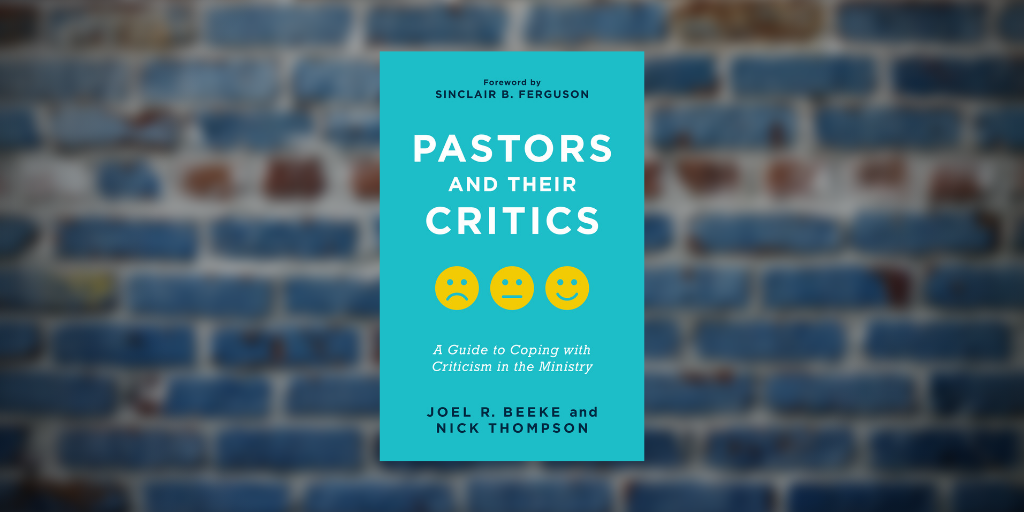If you are in pastoral ministry, criticism is inevitable. As an old Dutch saying goes, “He who stands in the front will soon be kicked in the rear.” But being kicked in the rear one-too-many times can result in exasperation, insomnia, cynicism, burnout, and even despair. It is imperative for pastors to be equipped to handle verbal critique when it comes. Whether the criticism is constructive or destructive, receiving and responding to it well is largely a matter of perspective. Where ought we to turn our eyes when criticism comes? Here are four suggestions.
1. THE GARDEN OF EDEN. It was here that the first criticism was uttered. By his words, the serpent placed a major question mark over the goodness of God, slandering Him as a restrictive, envious, unloving liar (see Gen. 3:1–5). When we suffer from the false accusations and character-disfiguring words of others, our minds should be quick to return to this grim garden conspiracy. It is one thing for creatures like us to be criticized by fellow creatures, but it is the atrocity of atrocities for the Creator of all things to be verbally assassinated by a mere creature.
2. THE CROSS OF CHRIST. Nothing will keep us humble and enable us to receive criticism like the cross. To behold Christ’s suffering upon the accursed tree is to be critiqued in the most comprehensive way imaginable. The cross reminds us that we are always worse than our worst human critic makes us out to be. But as we behold the cross, we also catch a glimpse of the unfathomable love of God for sinners. The cross humbles us lower than the most scathing human criticism, but it simultaneously opens to us God’s heart so that the negative appraisal of our fellow man no longer devastates us.
3. THE JUDGMENT DAY. The apostle writes, “But with me it is a very small thing that I should be judged by you or by any human court” (1 Cor. 4:3). How many of us could say that? To be judged, misunderstood, slandered, or condemned by others is anything but “a very small thing.” We are easily consumed by the verdict of a human court. But Paul is not. He is almost entirely indifferent to the matter. What is the verdict that matters ultimately? It is God’s: “It is the Lord who judges me” (v. 4). Such an eschatological perspective frees us from being consumed with the human courtroom we often find ourselves in. What is the judgment of man in light of the judgment of God?
4. THE NEW HEAVENS AND EARTH. Those who are in Christ are journeying toward what Jonathan Edwards called “a world of love.” The cosmos ushered in at the consummation will be entirely free of criticism. In our glorified humanity, there will be nothing in us worthy of criticism, nor will there be anyone who possesses the ability to criticize us unjustly. All criticism will be forever silenced. Fixing our eyes on this glorious future loosens our grip on our reputation, our comfort, and our very life, enabling us to bear up under the critical words of others as we walk this earthly pilgrimage.
Pastors and Their Critics: A Guide to Coping with Criticism in the Ministry


Comments